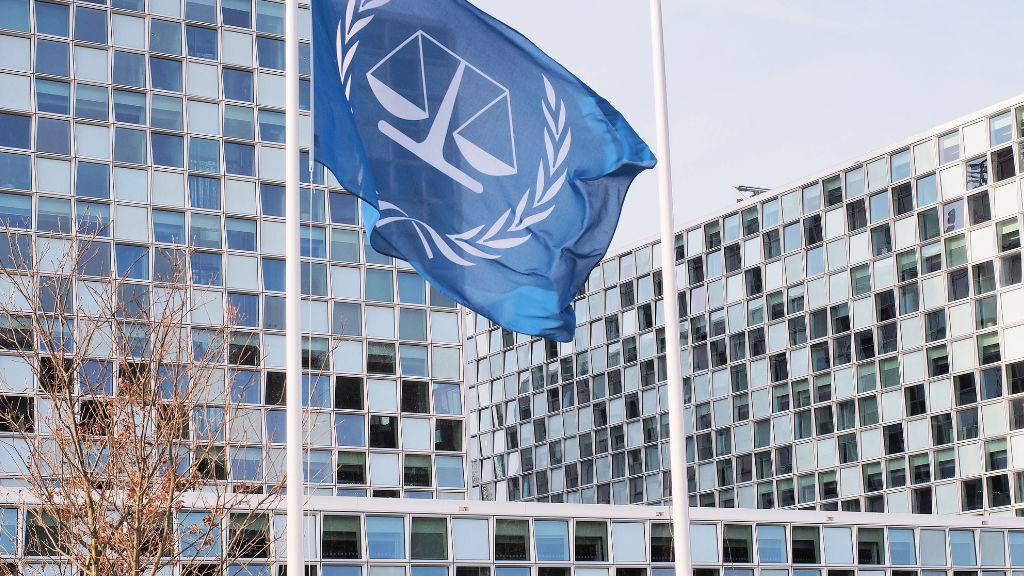The formation of a nine-country ‘Hague Group’ to challenge perceived Western manipulation of the International Court of Justice (ICJ) and the International Criminal Court (ICC) has gone largely unnoticed but is another collective effort to hit back as what they describe as defiance of ICJ orders and attempts by US Congress to hit the ICC through sanctions.
The aim of the nine-nation Hague Group – which includes Belize, Bolivia, Chile, Colombia, Honduras, Malaysia, Senegal South Africa and Namibia – is to defend the institutions and rulings of the international legal order. The move comes as both the ICC and ICJ face unprecedented challenges to their authority in cases relating to the wars in Gaza and Ukraine and people-smuggling in the Mediterranean.
Ronald Lamola, South Africa’s international relations minister, said the campaign was aimed at ensuring compliance with international law and protecting the vulnerable, stating that “The Hague Group’s formation sends a clear message: no nation is above the law, and no crime will go unanswered.”
The United States has attempted already this year to impose sanctions on the ICJ in response to arrest warrants it made concerning for apprehending Israeli Prime Minister Benjamin Netanyahu and his former defence minister for crimes against humanity in Gaza.
The steps to be outlined by the group reflect the growing discontent in the global south at what is seen as the double standards of western powers when it comes to international law.
The US secretary of state, Marco Rubio, has also backed a bill, currently before Congress, for any individual or entity who had contact with an ICC investigation against an American or US ally to be subject to sanctions, which would include family members.
There has also been criticism of different treatment being imposed upon different global leaders. While the US has rejected ICJ and ICC criticisms of Netanyahu and Israel, it has endorsed punishment for Russia’s Vladimi Putin for allegedly being responsible for the kidnapping of Ukrainian children. Several ICC countries, including Saudi Arabia, Mongolia and the UAE have decided not to enforce the ruling, seeing it as a US tactic to isolate the Russian President and prevent his opinions over the source of problems concerning Ukraine to be aired.
What is interesting about the makeup of the Hague Group is that it is strongly BRICS aligned. South Africa is a full member, while Bolivia, and Malaysia are partner states. Colombia, Honduras and Senegal are all also actively engaged in BRICS with membership applications pending.
With BRICS full members China, India and Russia already involved in declaring that the ICC and ICJ are also in danger of US manipulation, the formation of a BRICS-Centric Hague group is indicative of growing communality within the BRICS itself and a desire within the global south to use this to instigate change. The US administration may be somewhat dismissive, but in being so is only likely to enhance the Hague Group’s opinion that change is indeed necessary. How this anti-US Imperialist group manages to gain support and push through change is unclear, however it is apparent that global south need to be heard along with Washington’s perspective is gathering steam. The next American revolution may not be from within – it may well emerge as global challenges and revolts against US actions perceived to be in its interests only – itself a damning indictement of its own integrity.
Further Reading
Democratic Mongolia Ignores European “International Criminal Court” Claims Over Putin Warrant

 Русский
Русский













